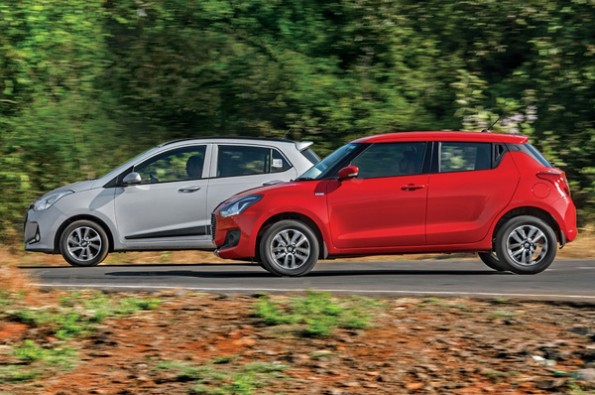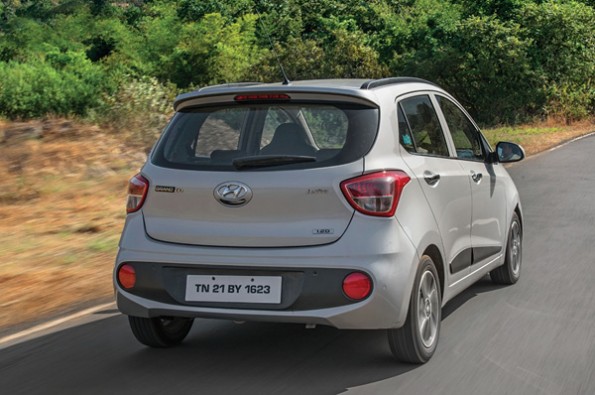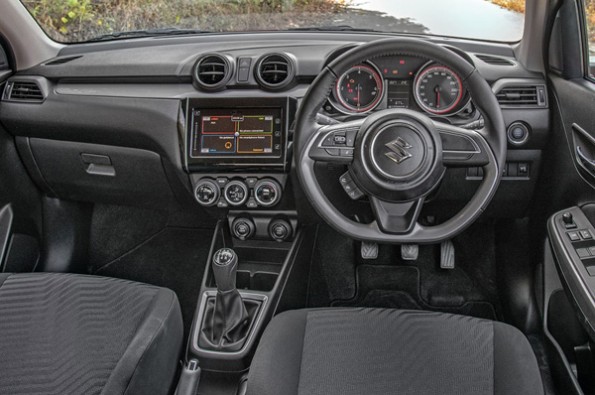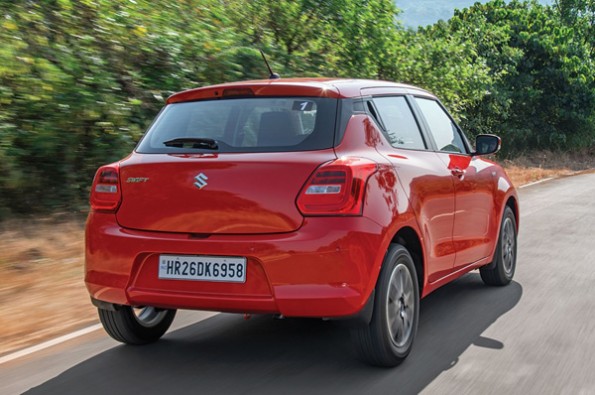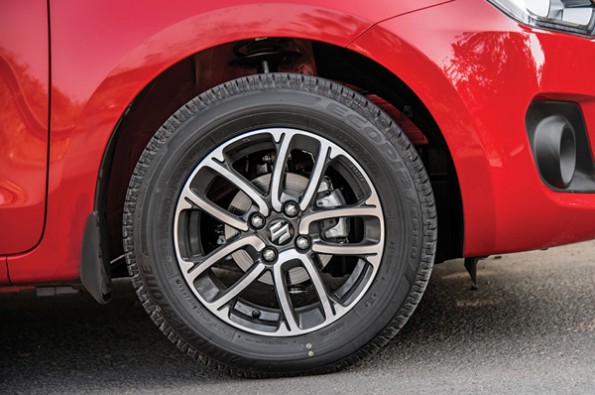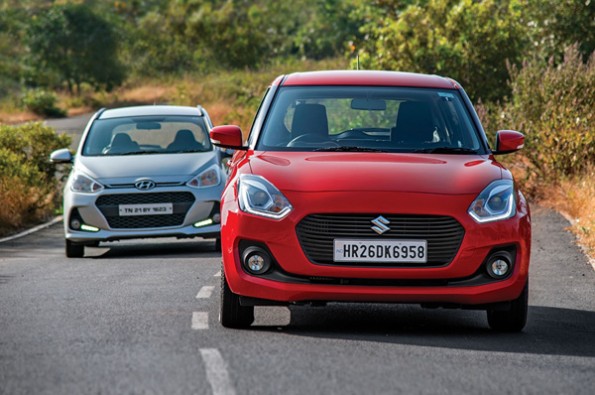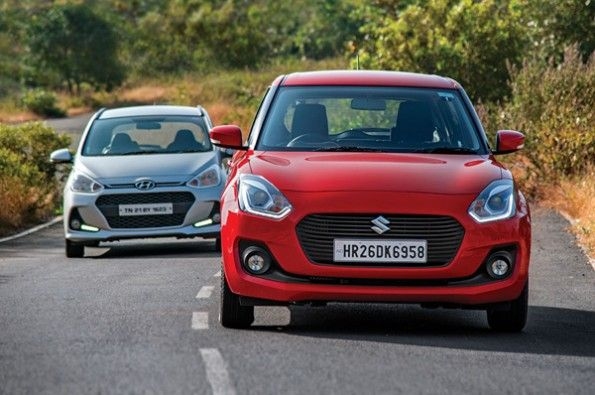
We compare the all-new against the updated Hyundai i10, both in diesel avatars. Maruti has developed a strong brand with the Swift, so much so that it sold 1.7 million units of it in India. The only rival it has had that has seen sales figures comparable to it is the Grand i10. The i10 also offers a new 1.2-litre diesel motor and more features than its older gen model.
Which raises the question if the third-gen Swift is a better deal when put against the well-rounded Grand I10?
On the inside
The Swift has fully blacked-out interiors; this with the new design looks rather nice. The car is also equipped with a sporty flat-bottomed steering wheel and redesigned air-conditioning controls. The instrument cluster on the car features red read outs which look rather nice. However, the materials still feel hard. But, the overall quality levels have gone up from the previous gen model. The seats on the car are supportive and hold you in place through a set of twisty roads. Importantly, the car feels significantly larger than the Hyundai on the inside. But, the back seat in the Swift is more upright than the Hyundai and because of the thick C-pillar in the Maruti it feels a bit suffocating. The swift however, has the larger boot of the two and can hold a lot more.
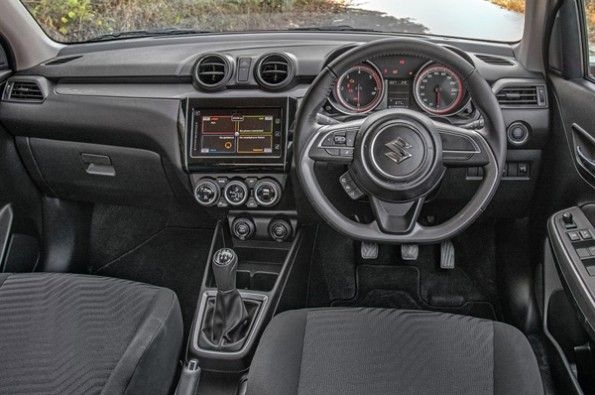
The Hyundai’s interior is black and beige; this considerable brightens up the cabin while also making it feel expensive. The styling on the inside in this car is rather conventional and not sporty however, the quality feels nicer in comparison to the Swift. The front seats in the i10 however, are narrow and lack the support the Maruti offers. The seats are not as comfortable, and the headrests lack adjustability. However, the i10 benefits from a more relaxed rear seat but fitting a third passenger is a squeeze because the car is smaller.
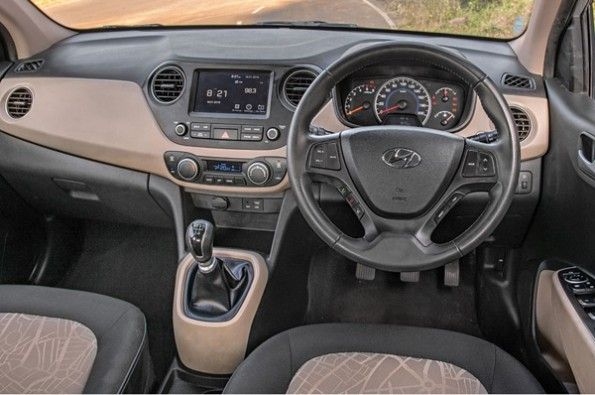
Technology
Not very long back, it was the Hyundai that offered the most features for you money. However, this isn’t the case anymore and the Maruti offers many new features like LED headlights and part-LED taillights. Other equipment on top variants of both cars includes – electric folding mirrors, climate control, rear wiper, keyless entry and a start-stop button. Both hatchbacks also get touchscreen media systems but the i10’s is the nicer functioning unit.
Safety-wise, the top-spec models of both cars get dual airbags and ABS. But, this is standard equipment in the Swift, even in the base model.
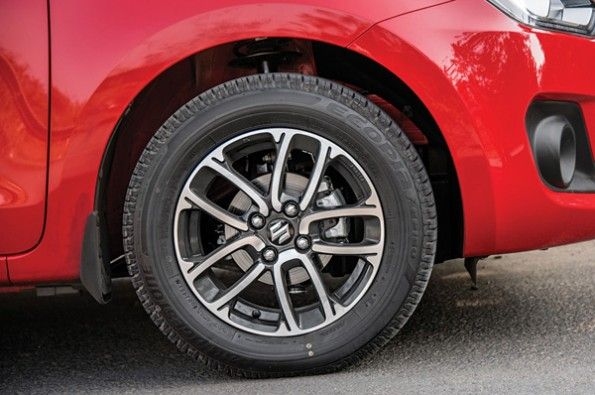
How do they drive?
Maruti’s Swift continues to use the fiat-sourced diesel motor that first appeared in the first-gen model. However, this time there is little to no noise on the inside of the car. However, the car takes it’s time to build speed, mainly at lower rpms. This means, there is a need for constant gearshifts to keep the car running at its best. The Swift does have a really nice gearbox which paired to a light clutch pedal. The light weight of the Swift along with the wide power delivery of the engine results in good performance.
The i10 is powered by a 3-cylinder engine, one down from the swift. But, it still manages to make the same power figures as the Swift. This motor is noisy and can get clattery. Off the line, it’s the i10 that will take-off quicker. Power delivery remains linear and strong.
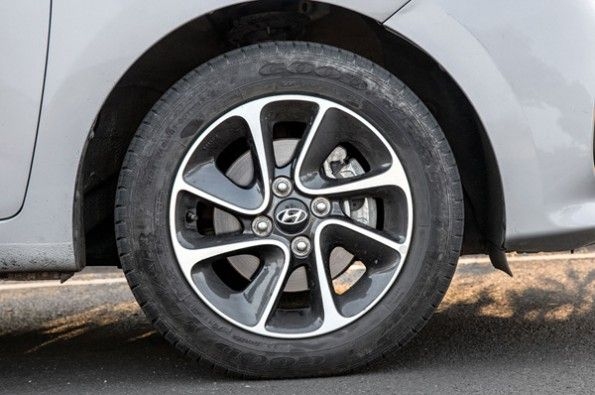
The Swift was known for its sporty characteristics, but Maruti have now made the steering very light for city use. However, this has led to the loss of the feedback the older steering provided. The suspension feels far plusher this time around; it absorbs rough sections of roads. Overall, the car loses out on the handling it was known for. The steering on the i10 has more weight but still remains light to use in the city. The Korean manufacturer has tuned the steering to have a good mix of handling and ride. However, the suspension on the i10 isn’t as nice as the Swifts.
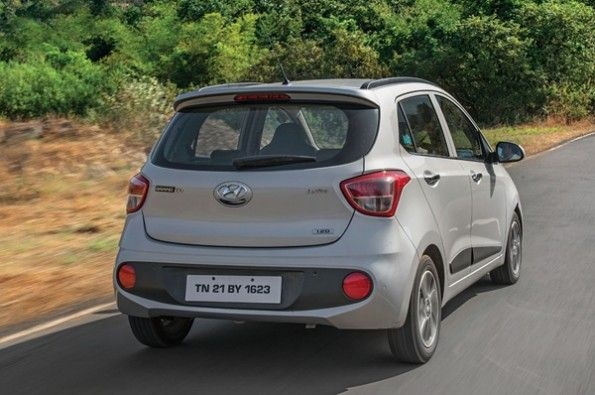
Which one should I buy?
Maruti has launched the Swift in 12 versions including automatics (AMT) with both engine options. The Swift we tested was the range-topping ZDi+ that is frankly pricey by class standards at Rs 8.29 lakh (ex-showroom, Delhi). The Grand i10 too is available in 12 variants including the petrol automatic option. We tested the top Asta variant that’s priced at Rs 7.37 lakh (ex-showroom, Delhi).
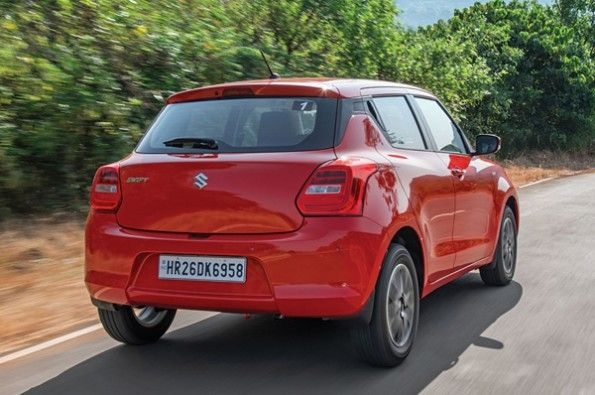
Overall, the Grand i10 provides everything that customers are looking for. The interior is nice and so are the features, the car is also easy to drive. But, the diesel motor in the car isn’t as smooth as that of the Swift. When not being compared to the Swift, there is little to fault in the i10. The Swift, however, has significantly changed the game. The car misses out on new engines and the sporty handling it was known for, but the car is still fun owing to its light weight. The car is now larger on the inside with the boot also getting bigger. The highway characteristics are also impressive with the new Swift remaining flat and composed. Lastly, the feature list on the Swift is also longer than that of the Grand i10. In conclusion, it’s the more-expensive Swift that’s the winner of this comparison.
